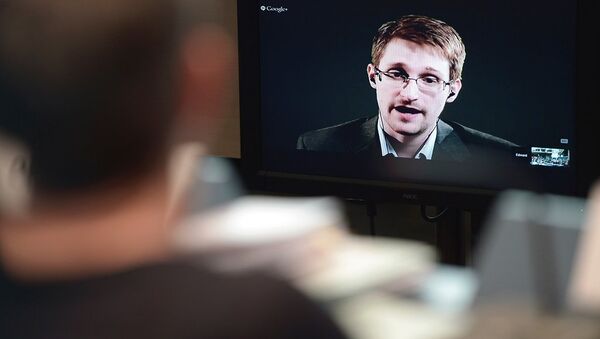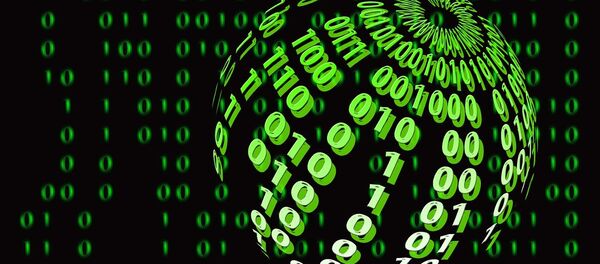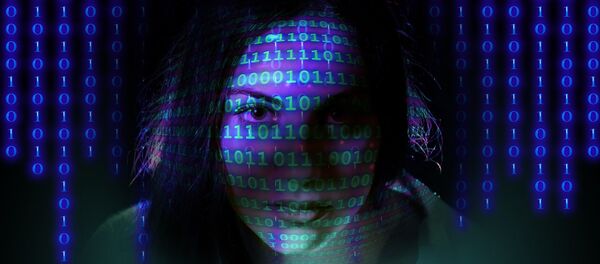Due to the difficulty in hacking into encryption messaging programs, such as PGP, there were fears that Daesh was actively communicating with fighters across the world without the risk of being detected.
However, in an annotated tweet, Snowden pointed out that the ID encryption code shown in the Daesh video had an incorrect amount of numbers, while he also highlighted a discrepancy in the dates between messaging times and the creation of the message encryption.
"I hope you built a time machine to go with your 'attack plans'," Snowden wrote.
In another tweet addressed to journalists, Snowden wrote:
Journos: The #ISIS video's "encrypted email" is confirmed fake. If any official responds as if it's real, push back. pic.twitter.com/fKHAAk1SAa
— Edward Snowden (@Snowden) January 24, 2016
Debate Rages Over Encryption Bills
Snowden’s intervention comes amid increased debate over efforts to ban or reduce the quality of encryption services, with various governments arguing that certain 'backdoors' must be put in place to grant law enforcement and intelligence services access to certain forms of communication if they feel it can help in anti-crime or counter-terrorism measures.
Does #ISIS see advantage in West limiting access to strong security? Juxtaposing "spooky" fake crypto with anti-crypto Cameron implies yes.
— Edward Snowden (@Snowden) January 24, 2016
The UK government has introduced a controversial bill to parliament that would require companies to decrypt encrypted messages when asked, while similar measures have been introduced in California.
@FioraAeterna @Snowden Politicians should listen to the experts. We don't want encryption back doors. Especially me in the uk.
— Alan Heath (@AlanHeath68) January 22, 2016
Snowden made reference to British Prime Minister David Cameron’s proposals in another tweet, where he also suggested that terror groups may actually want governments to limit "access to strong security".
Snowden claims have suggested that Daesh do not have access to such sophisticated messaging services such as PGP — meaning that placing a ban on high-level encryption wouldn’t help in the monitoring of terror groups, but would merely jeopardize the privacy of millions of ordinary internet users.




